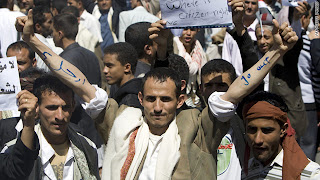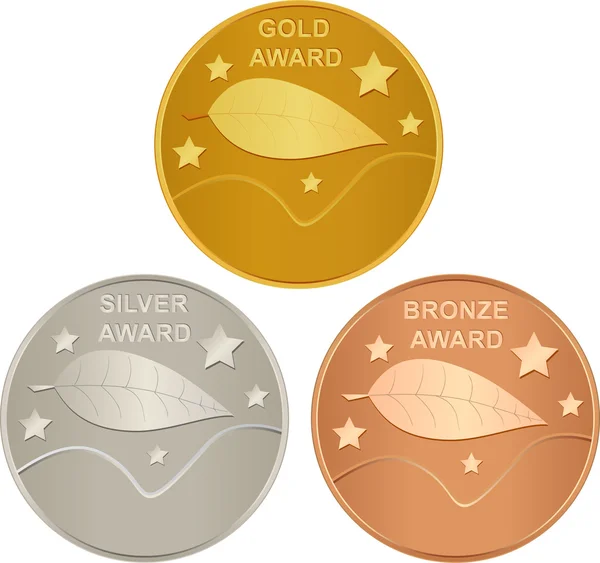This talk is not what I was looking for when I thought of the question last week, and I know I have already talked about Wael Ghonim, but this talk connects with so much we have talked about in the last few weeks that I had to write about it. Wael Ghonim was one of the leaders in bringing the Egyptian people through technology in order to start the Egyptian Revolution. He is an inspiritng figure and a great example of the power of youth and new technology.
In his TED talk, Ghonim talks about the phsycological barrier of fear. As we studied weeks ago in Ethics through the Solomon Acsh Experiment and Milgram Experient. Both these experiements prove exactly what Ghonim is saying: that with the use of new technologies and virtual communications, the people of Egypt broke the barrier of fear and were able to revolutionize successfully.
This week in class:
A) This week in class we are learned about the Rwandan genocide. The genoicde is one of the most terrible things to ever occur in human history. I must admit, the footage of the documentary we watched shocked me. The brutalness of killing with machetes and leaving dead bodies on the road is just completely foregin to me.
B) The most interesting aspect of our untit was the letter sent by a Rwandan to the U.N that described what was going on in Rwanda at that time. It amazes me that even with that letter, the U.N decided to pull toops out of the country and not supply the remaining troops with more supplies. I do not believe that the United States should necessarily be to blame for not intervening, even though it is a responsibility of a superpower, but the U.N. should have certaintly advocated more peacekeeping troops to at least save more innocent lives.
B) To compare the genocide to a personal story, last friday, March 4, 2010 I witnessed something that will stick with me for a long time. My friends and I were driving to a birthday party on a Friday night, when there was a road block with several police cars stopping us from getting where we need to go. We had to take a detour and turn around and go back the other way. When we passed by on the other side of the road, we witnessed a dead body laying in the middle of the street. The body we saw was a man who had been hit by a car. The paramedics were already placing a white sheet over him, and the sheet was already stained with blood. It was a tradgedy and one of the most shocking things I've ever seen. My friend who was driving had to pull over, none of us had ever witnessed a dead body before...espeically in the street. When I think of the children in Rwanda, and the footage I saw in the documentary, I wonder how they must have been affected. One covered body will stay with my friends and I for a long time, if not forever. What did the children, men and women of Rwanda do?
Question for Next Week:
Research for my Hero Imagination Project about successful mentor programs for children who have been through traumatic situations, such as Rwanda. What methods did they use? What were their mentors like?
Sources:
"Wael Ghonim: Inside the Egyptian Revolution | Video on TED.com." TED: Ideas worth Spreading. Web. 07 Mar. 2011. http://www.ted.com/talks/wael_ghonim_inside_the_egyptian_revolution.html.
"BBC NEWS | Africa | Rwanda: How the Genocide Happened." BBC News - Home. Web. 07 Mar. 2011. http://news.bbc.co.uk/2/hi/1288230.stm.
"Solomon Asch, Opinions and Social Pressure (1955)." Panarchy.org : Index. Web. 13 Feb. 2011. <http://www.panarchy.org/asch/social.pressure.1955.html>.





 vs.
vs. 